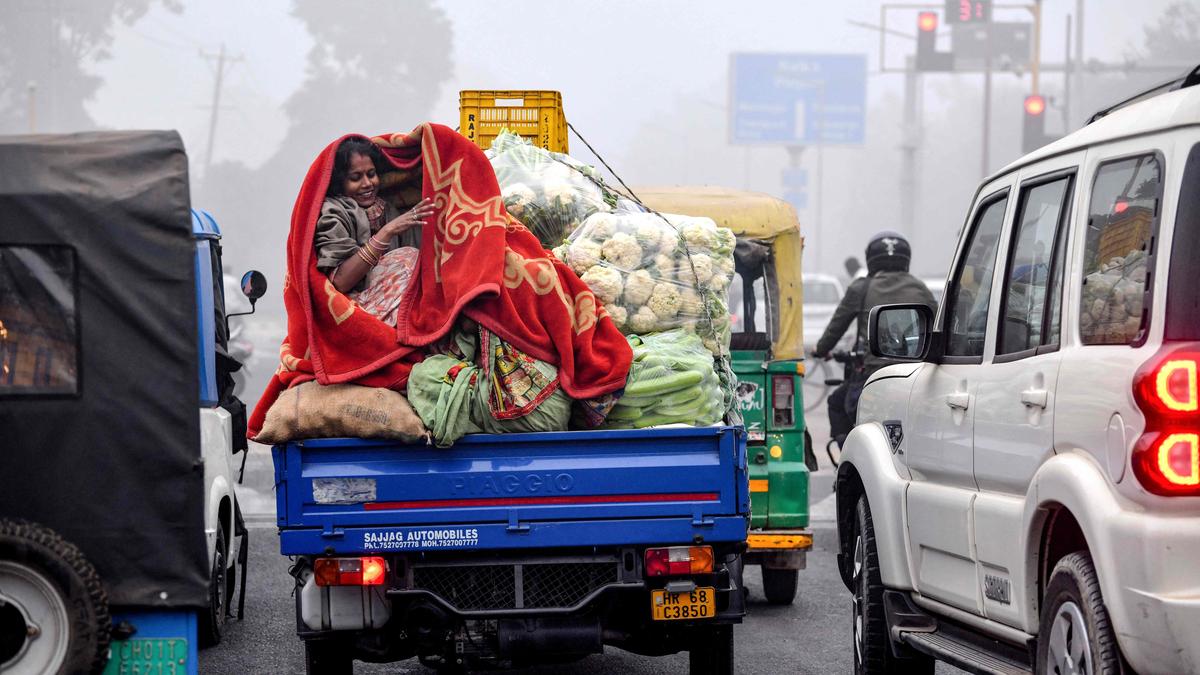
After a health emergency, air pollution foretells an economic one Premium
The Hindu
Experts critique the National Clean Air Programme for lacking effective action and implementation, highlighting the need for improvement.
In his 36 years as a thoracic surgeon, Dr Arvind Kumar has literally heard and opened tens of thousands of chests. According to him, the human lung, a pristine pink at birth, tells the tale of each breath taken over a lifetime.
“For years, I could trace the pattern of urban pollution on lung tissue as black deposits — a few spots here, larger stains there. Now it’s everywhere,” Dr Kumar said from his office in Medanta Medicity Hospital, Gurugram. He has been disturbed by the harrowing effects of air pollution on lungs, and not just in people with lung diseases or the elderly. “The lungs of teenagers now look like the lungs of lifelong smokers. Pollution isn’t just in our cities — it’s inside us.”
This transformation of chest health is an invisible epidemic affecting millions across India, now underscored by the findings in the United Nations Environment Programme (UNEP) Emissions Gap and Adaptation Gap reports for 2024. Emissions are increasing worldwide but in few places as much as in India, more than 6% from last year.
The data is unequivocal: pollution is now more than an environmental issue. It’s a national health emergency.
An unseen health crisis
India’s poor air quality has been silently affecting communities for decades, with lethal results. “Air pollution is the biggest environmental risk to health, even the leading cause of premature death in India,” Dr Pallavi Pant of the Health Effects Institute said.
According to her research, nearly 2 million lives were cut short in India in 2021 alone due to pollution-related diseases. Among the most affected are pregnant women, children, the elderly, and those already facing health challenges. “For these populations, the risk of respiratory infections, impaired lung function, and even cardiovascular conditions due to pollution is devastating and far-reaching,” she said.

Podcasts have become our best friends, especially during the Covid-19 pandemic. Whether you are cooking, sketching or going on an evening walk, there is a show that matches your mood. From horror tales to informative conversations to just two friends talking about anything & everything relatable, podcasts have become a part of our lives unknowingly. Over the years, more voices have joined this audio landscape and filled it with stories that resonate with our lives. Podcasts serve as a reminder that everyone has a story worth telling and listening to!










